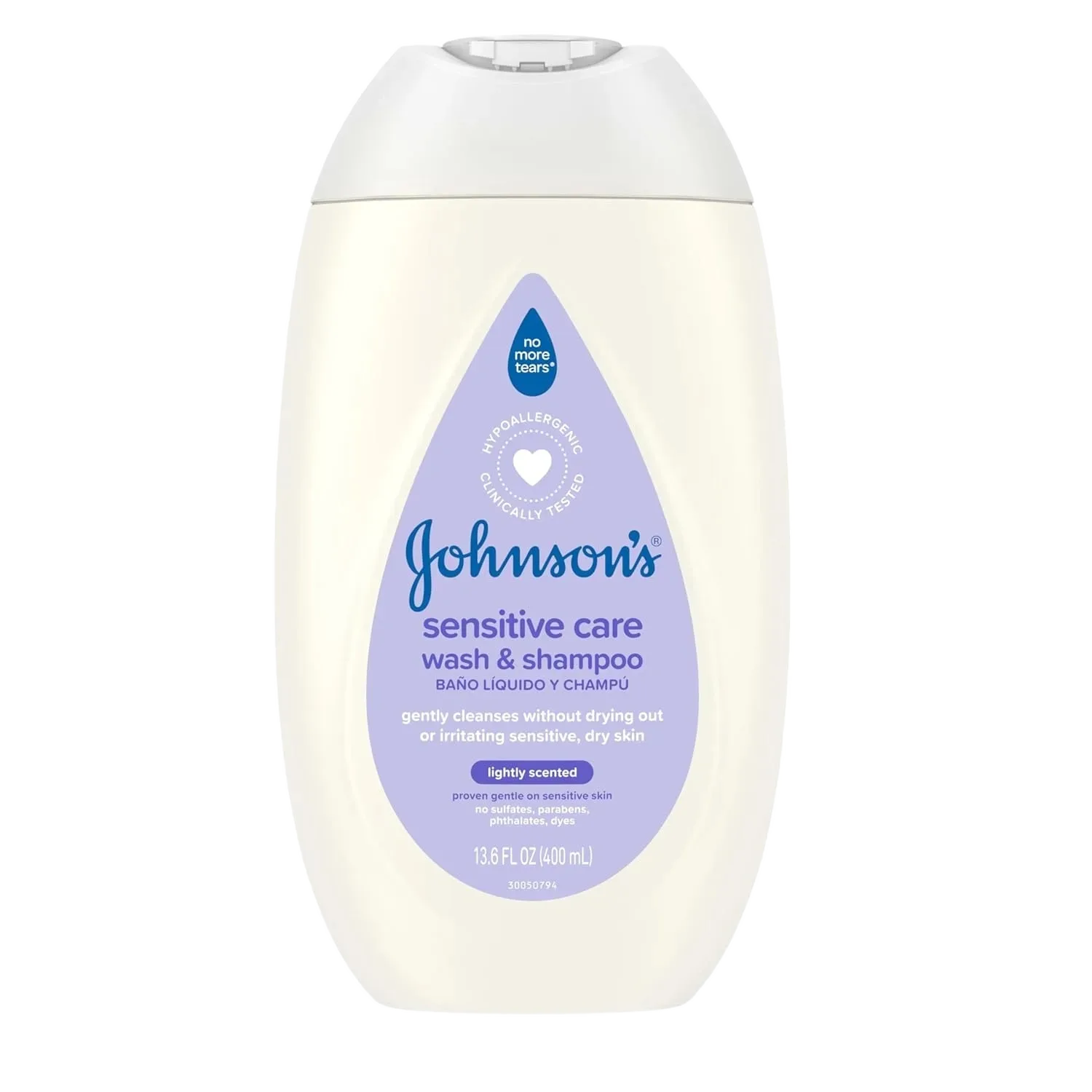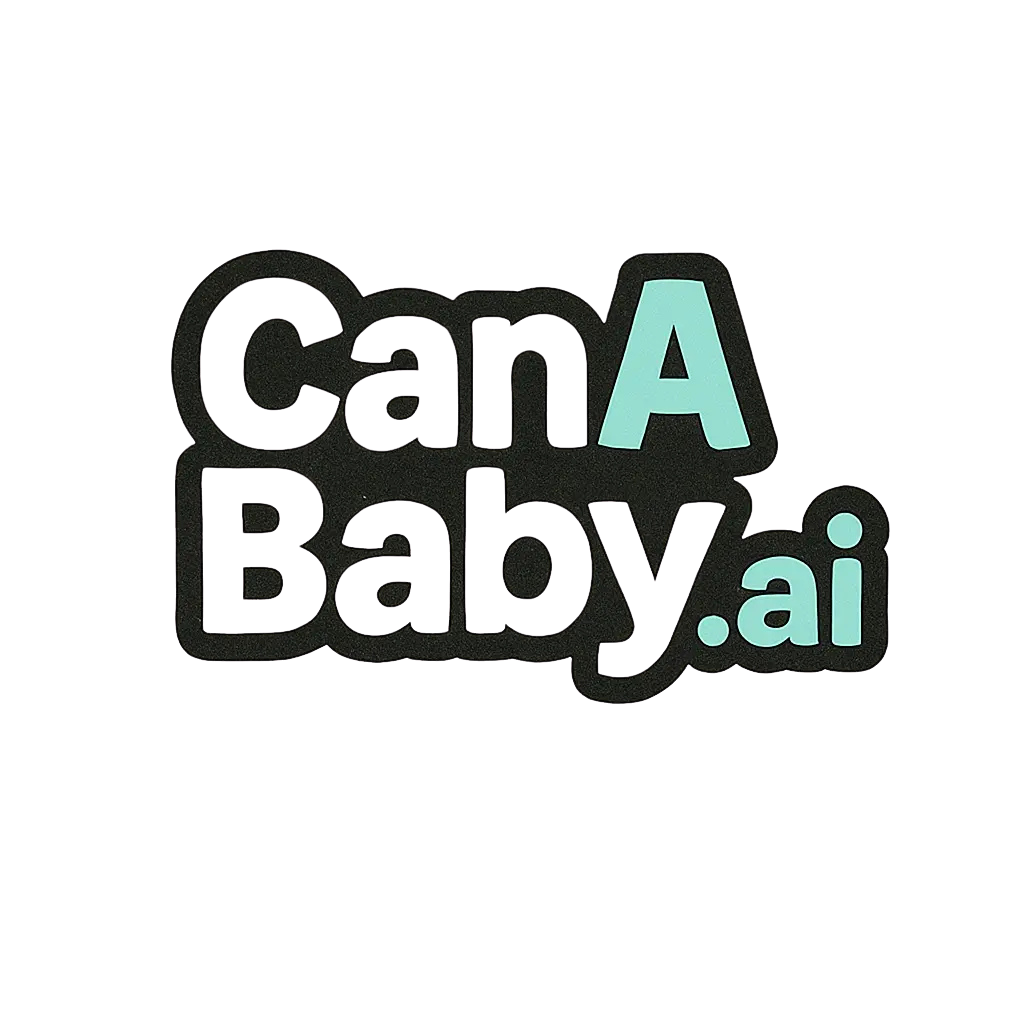Johnson's sensitive care wash & shampoo
shampoo & bodywash • For 2-5 year old children • Skin contact 🧴
Product Images
Product Photo

Tap to enlarge
Ingredient List

Tap to enlarge
Safe for preschoolers to use Johnson's sensitive care wash & shampoo?
Check for Different Age (6 available)
Ingredients Analysis (23 found)
Common Questions About Johnson's sensitive care wash & shampoo
Preschooler-safe? Johnson's sensitive care wash & shampoo
Use caution with Johnson's sensitive care wash & shampoo for 2-5 year old children. Some ingredients may pose concerns.
What ingredients should I watch out for?
We analyzed 23 ingredients in Johnson's sensitive care wash & shampoo. 6 caution. Check the detailed analysis above for specific concerns.
Is this suitable for preschoolers to using shampoo & bodywash?
The appropriate age depends on the specific ingredients. This analysis is for 2-5 year old children. Use the age selector above to check other ages.
⚠️ Important Disclaimers
Product Recognition: Product names are identified by AI and may be incorrect. Always verify product identity yourself.
Safety Analysis: Evaluations are for research only - consult pediatricians for medical decisions.
No Guarantees: Results may be incomplete or inaccurate. Do not rely solely on this analysis.
